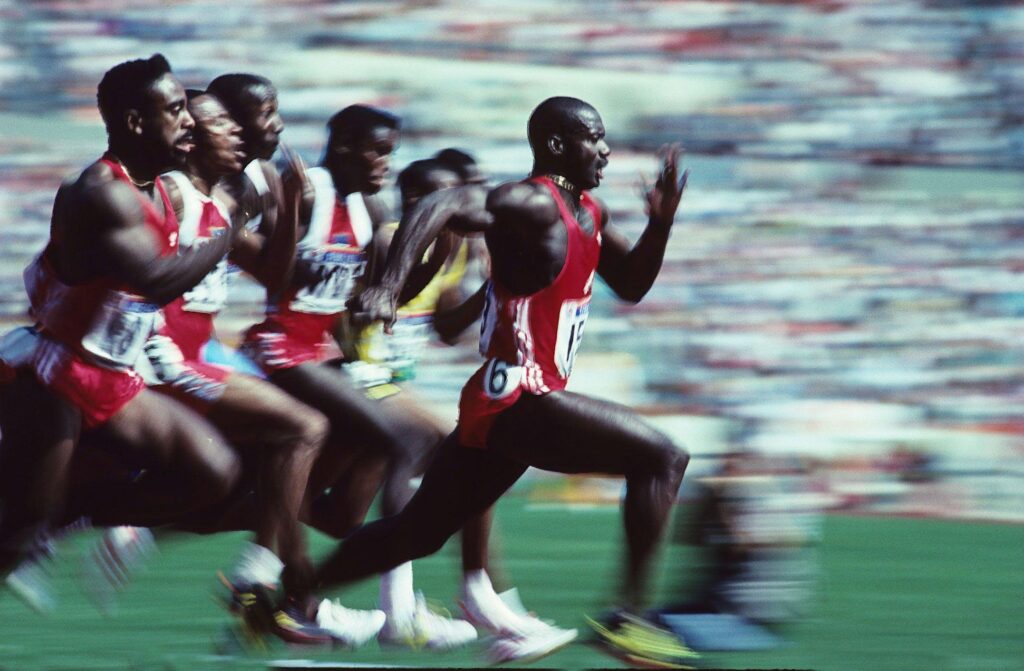After years of controversy, sanctions, and international isolation, Russian athletics is navigating a challenging path toward reintegration into the global sports community. Once a dominant force on the track and field stage, Russia’s reputation has been severely tarnished by high-profile doping scandals that prompted widespread bans and damaged trust. As the nation grapples with restoring credibility and meeting stringent compliance requirements, the road ahead remains fraught with obstacles. This article examines the turbulent journey from disgrace to tentative acceptance, highlighting the ongoing efforts and persistent challenges facing Russian athletics in rebuilding its standing on the world stage.
The Legacy of Doping Scandals and Its Impact on Russian Athletics
Russian athletics has faced enduring scrutiny as a result of multiple doping scandals that have left a deep scar on the sport’s global reputation. The revelations exposed a complex web of state-sponsored doping programs, leading to sanctions that have stripped athletes of medals and barred teams from competing under their national flag. This systemic violation not only eroded public trust but also sparked a widespread debate on ethics and fairness in international competitions. The fallout was swift and unforgiving, with investigations uncovering practices that transcended individual athletes and implicated coaches, officials, and sports institutions.
The ripple effects went beyond immediate disciplinary actions, affecting sponsorship deals, athlete morale, and international relations within the sporting community. Key consequences include:
- Suspension from World Athletics events and the Olympics
- Mandatory compliance reforms enforced by global anti-doping agencies
- Loss of funding and diminished support for domestic training programs
- Heightened skepticism among international audiences and competitors
| Year | Major Event | Impact |
|---|---|---|
| 2015 | WADA Report Release | Exposure of systematic doping practices |
| 2016 | Rio Olympics Ban | Clean athletes excluded; tarnished team image |
| 2019 | Partial Reinstatement | Conditional participation under neutral status |
Rebuilding Trust Through Transparent Governance and Rigorous Testing
Russian athletics’ path to redemption hinges on a clear commitment to transparent governance and stringent anti-doping measures. Sporting authorities have introduced independent oversight committees and enhanced whistleblower protections to rebuild credibility both domestically and on the international stage. These reforms emphasize clear accountability, regular public disclosures of testing results, and an open dialogue with global athletics bodies to demonstrate a genuine break from past misdemeanors. The landscape of Russian sports administration is gradually evolving to reflect a culture of zero tolerance for corruption and malpractice, aiming to restore faith among fans, athletes, and officials worldwide.
- Independent oversight: Establishment of auditing panels unaffiliated with national sports bodies
- Enhanced testing: Adoption of biologically based passports and unannounced drug tests
- Transparency drives: Mandatory public reporting of all doping investigations and outcomes
Rigorous testing protocols now extend beyond competition periods to include out-of-season checks, reflecting the global best practices designed to catch violations early. The table below illustrates the gradual increase in testing frequency and corresponding reduction in doping violations over three consecutive years:
| Year | Number of Tests Conducted | Positive Cases |
|---|---|---|
| 2021 | 1,200 | 25 |
| 2022 | 1,800 | 12 |
| 2023 | 2,500 | 5 |
Strategic Steps Toward Reintegrating Russian Athletes on the Global Stage
Reintegrating Russian athletes into the international arena demands a multifaceted approach grounded in transparency, accountability, and systemic reform. Central to this is the establishment of independent monitoring bodies that oversee compliance with global anti-doping regulations and ensure that all athletes undergo rigorous, unbiased testing. Furthermore, collaboration between international sports organizations and Russian authorities is vital to rebuild trust, focusing on shared values of fairness and integrity. This partnership should prioritize education on anti-doping principles and create platforms for dialogue, helping athletes and officials understand the stakes and responsibilities involved in clean competition.
- Stringent certification processes before athletes are allowed to compete internationally
- Enhanced transparency in the use and management of sports funding and resources
- Regular audits on sports federations within Russia to prevent institutional malpractice
- Promotion of whistleblower protections to encourage reporting of violations without fear of reprisal
| Strategic Pillar | Key Action | Expected Outcome |
|---|---|---|
| Accountability | Independent Anti-Doping Oversight | Restored credibility in testing protocols |
| Collaboration | Joint Anti-Doping Education Campaigns | Increased awareness and compliance |
| Transparency | Public Reporting of Testing Results | Enhanced public trust |
| Protection | Whistleblower Support Systems | Greater internal accountability |
In Summary
As Russian athletics continues its arduous journey toward redemption, the path remains fraught with challenges. The legacy of widespread doping has cast a long shadow, undermining trust within the international sports community and complicating efforts to regain full reintegration. While recent steps toward compliance and transparency offer glimmers of progress, the road ahead demands sustained commitment and rigorous oversight. How Russian athletics navigates these obstacles will not only shape its own future but also test the resilience and integrity of global sport itself.





